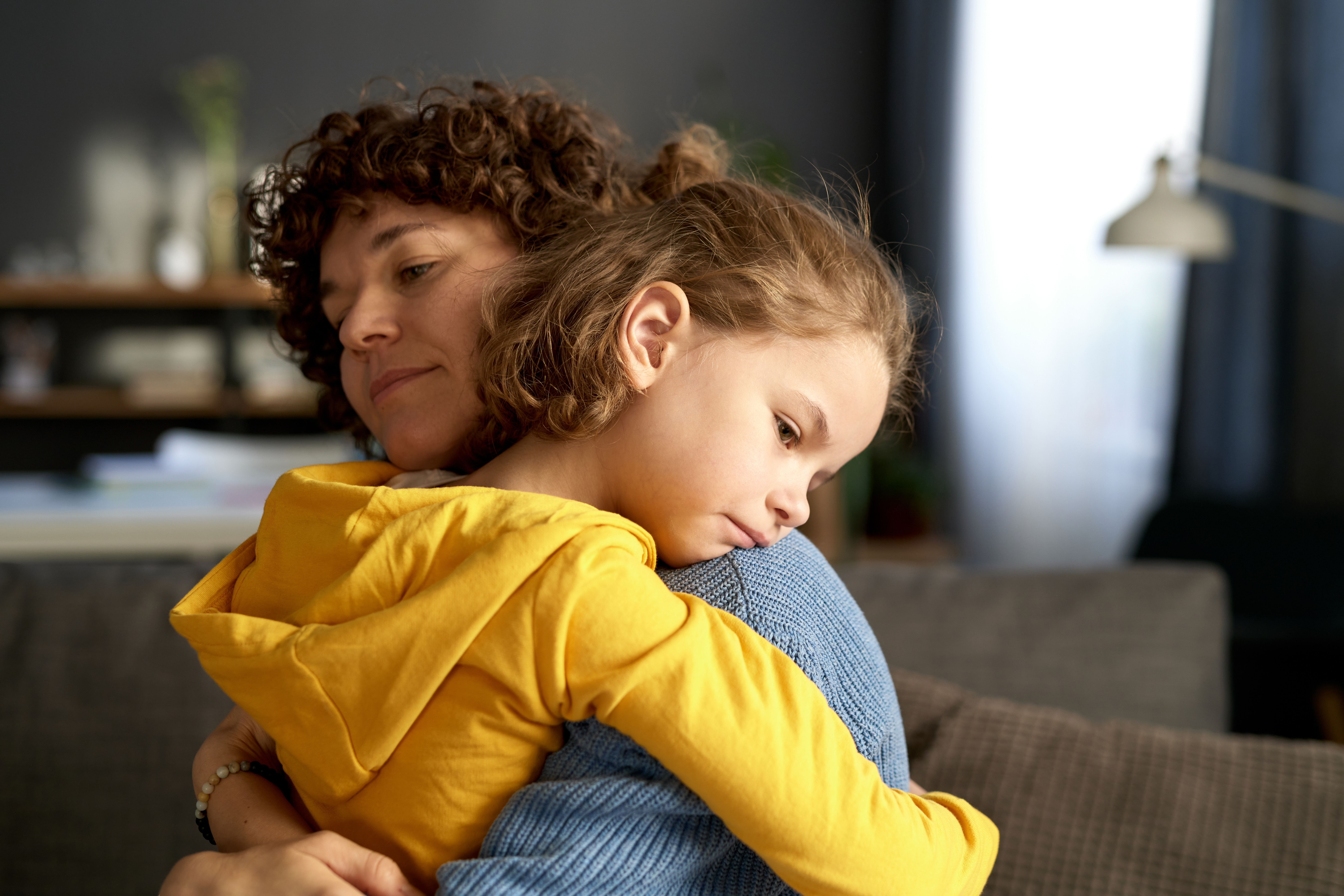Stories About Friendship: Lessons for Children and Parents on Friendship Day
29 iulie 2025
International Friendship Day (July 30) is a wonderful opportunity for parents to create special moments with their children and to gently plant the seeds of essential values: respect, empathy, cooperation, and trust. These short children's stories act as mirrors of their world and help them better understand civic and social concepts.
But how do you easily explain civic concepts to a 4-, 5-, or 7-year-old? Through stories. More specifically, personalized audio stories.
Why Use Audio Stories in Civic Education?
Children learn best from situations that make sense to them. A story where the character is the same age, shares their name, and faces everyday challenges (arguments, unfairness, exclusion, anger, reconciliation) becomes an emotional and moral mirror. It’s no longer just a lesson—it becomes a personal experience they feel part of.
What Values Can You Introduce Through Friendship Stories?
Respect – The Hedgehog and the Badger
The hedgehog doesn't want to play with the badger, who speaks differently and prefers other toys. After ending up alone, the hedgehog realizes how important it is to accept differences.
Message: Friendship means respect and openness toward others.
Fairness and Rules – The Little Pirate and the Treasure
The little pirate cheats in a team game. The others get upset, and he learns that rules aren’t just rules—they keep the game fair and friendships alive.
Message: Children discover that respecting rules is part of the joy of being together.
Empathy and Cooperation – The Princess and the Sandcastle
Two princesses want to build a castle but argue because of their different ideas. When they choose to work together, they accomplish more than they could alone.
Message: Collaboration yields better results than competition.
Recognizing and Expressing Emotions – A Child’s Jealousy
A child feels left out when their friend plays with someone else. After a quiet moment, they manage to express their feelings without hurting anyone.
Message: Strong emotions can be understood and expressed in a healthy way.
Activity Ideas to Talk About Friendship with Your Child
Friendship Journal
In a notebook, ask your child to draw:
A happy moment with a friend
A situation where they were fair and kind
A strong emotion they felt in a relationship (joy, anger, jealousy)
Then ask:"How could you have reacted differently?"
"How did the other person feel?"
"What did you learn?"
This exercise helps children reflect on their behavior and feelings, while encouraging parents to support empathy through gentle dialogue.
Friendship Box
Prepare a special box together where your child can place:
A written or drawn message for a friend
A photo of a happy moment
A note with a favorite group rule ("We take turns," "We say sorry," "We listen without interrupting")
Talk about what they chose and why. This activity helps children become aware of the actions that build relationships, and parents become active witnesses to how their child expresses gratitude and learns social rules.
The “Yes / No” Game
Come up with real or imaginary situations together, like:
Someone wants to play but isn’t allowed
A child always imposes their rules
Someone gets upset but doesn’t say why
Discuss which reactions are appropriate ("Yes") and which can hurt ("No").
This game helps children distinguish between healthy and hurtful responses, and supports parents in explaining social rules in an age-appropriate way.
A Daily Friendship Ritual
To support values learning, include small gestures in the daily routine:
Say something nice to a friend or classmate
Share a toy
Listen to someone without interrupting
Draw a scene where they were a good friend
How Do You Know the Stories and Activities Are Working?
Your child starts to:
Express emotions without yelling or hitting
Apologize without being forced
Initiate cooperation (“Let’s build this together”)
Identify what’s fair or unfair in a situation
What Do Children and Parents Learn on Friendship Day?
Friendship Day is more than a celebration—it’s a time to reflect on how we build and maintain healthy, authentic relationships based on trust.
Children
For kids, Friendship Day is a chance to realize that friendship means more than just playing. They learn:
Emotional Responsibility – to be honest, to forgive, to accept differences, and to support their friends.
Empathy and Conflict Resolution – through stories with relatable characters, they understand how to manage emotions and tough situations.
Honest Communication – through games, stories, and guided discussions, they learn to express what they feel and think.
Parents
For parents, Friendship Day is an opportunity to see their children more deeply and to strengthen the parent-child bond. Through shared storytime, parents can:
Rediscover their child’s emotional needs beyond surface behaviors
Learn to ask open-ended questions that invite dialogue.
See conflict as a learning opportunity, not just a problem
Model healthy behavior through their own example—listening, respect, patience
Create bonding routines—daily moments that nurture the parent-child connection
Friendship Starts at Home
Healthy relationships aren’t learned through theory alone. They’re modeled, discussed, and felt. International Friendship Day becomes a celebration of the parent-child relationship—an invitation to build genuine friendship based on trust and mutual learning.
Personalized audio stories become bridges of connection and gentle guides on this deep learning journey.
Friendships are built through small, meaningful moments. With a well-chosen story and a kind gesture, Friendship Day can become a warm memory in your child’s heart—and a step toward becoming an empathetic, balanced adult who cares for others.
Încearcă acum o poveste audio personalizată!
Cu Povelia, poți crea o ocazie unică de apropiere și comunicare cu cel mic, în care să uitați de stres, griji sau ecranele telefoanelor.

Ultimele articole
Intră în comunitatea de părinți care
au ales Povelia pentru copiii lor
Abonează-te la newsletter și primești instant 2 povești extra în cont pentru mai multe momente speciale petrecute cu copilul tău, plus sfaturi pentru dezvoltarea sa personală.





